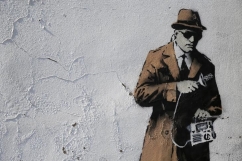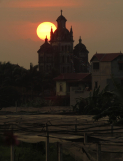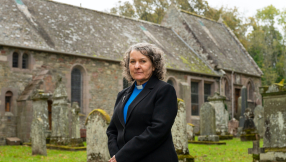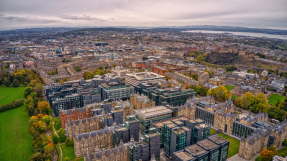A chess master has claimed his application for a job at GCHQ was rejected because of his devout Christian faith.
Charlie Storey has accused GCHQ of rejecting his application due to his admission that he held "loyalty to God over his country" and the fact that he took drugs as a young man.
He was rejected for the job for "national security" reasons and has since lost an employment tribunal in Bristol, which he has launched an appeal against.
The Employment Appeal Tribunal ruled that he did not fail to get the job because of his religious beliefs or the drug issue, but Storey is still taking the case to the European Court of Human Rights.
During the interview process, Storey told GCHQ that "without doubt, if required to choose between his loyalty to his country and his loyalty to God, he would choose his loyalty to God whatever the outcome."
Storey also admitted to having taken recreational drugs for a nine-month period and suffering a "drug-induced psychosis" in 1991 at the age of 20. He insisted he was now psychologically fit and well.
Storey claimed at his original employment tribunal two years ago that his rejection was due to both religious and disability discrimination.
The tribunal heard that Storey's religious belief and drug abuse had been concerns, but ruled that they were not the overriding factor which led to his failure to clear security.
The Honourable Mrs Justice Simler ruled that GCHQ's security concerns were "separate and distinct" from Storey's past disability and his religious belief at the Employment Appeal Tribunal, supporting the initial Employment Tribunal's verdict.
GCHQ admitted that applicants with history of bi-polar or a psychotic illness would rarely be considered, but the tribunal said this "did not amount to a blanket ban."
The judge ruled that GCHQ were entitled to conclude that "the effect those [religious] beliefs might have on his [Storey's] behaviour and judgment in the workplace" did raise national security issues.
Storey, who is a World Chess Federation Grand Master, said: "I am looking forward to recycling my discrimination pay-out of anything up to £5 million into developing Junior Chess through my 'National Chess Syllabus & Bandana Exam System.'
"The whole process has been ridiculous. I've been fighting this for seven years and the next stage is Europe."
















